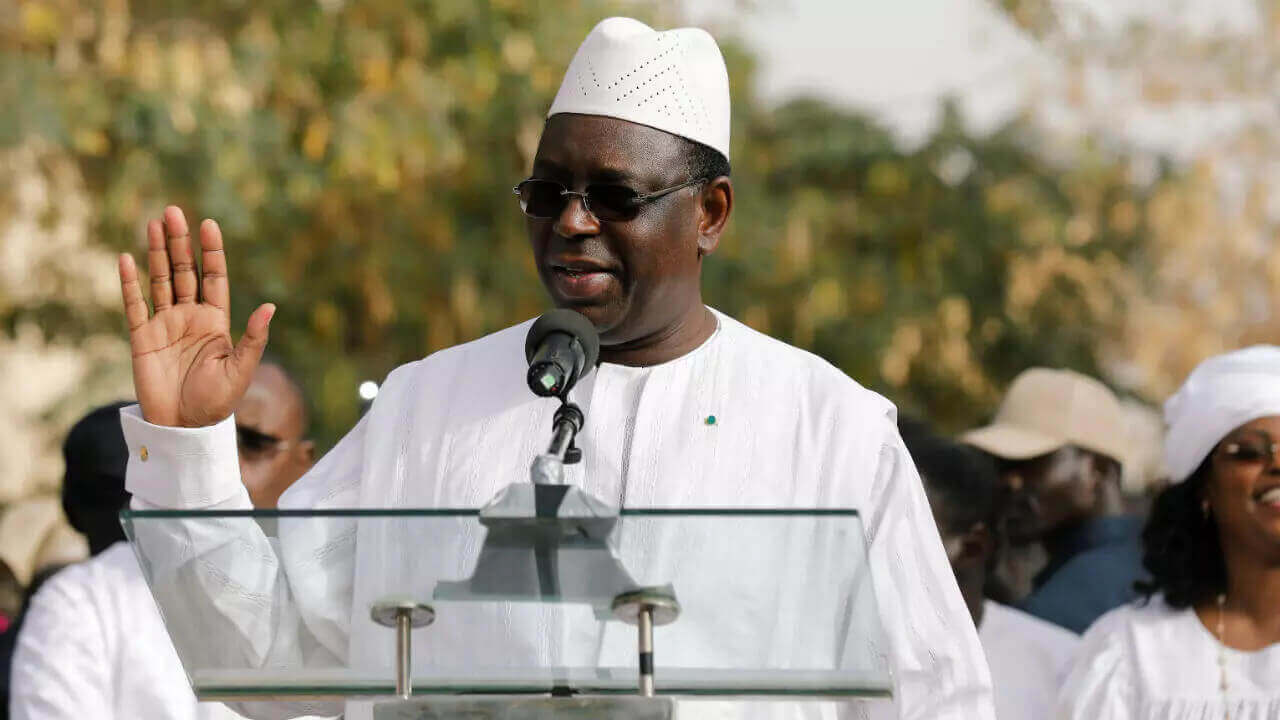On Monday, Human Rights Watch (HRW) released a report condemning a new counterterrorism bill in Senegal that the rights group says is designed to “punish political speech and peaceful protest” by framing them as “terrorist acts.” HRW contends that the bill “dangerously expand[s] police surveillance powers” and dismissed the government’s claims that it is intended to “strengthen the fight against terrorism, maritime piracy, and transnational organised crime.” On the contrary, they argued that it is likely that the laws will be used to “silence dissent” from civil society groups and opposition parties.
Ilaria Allegrozzi, a senior Africa researcher at HRW, said, “While authorities have legitimate concerns about the growing influence of Islamist armed groups in the Sahel region and the threat they may pose to Senegal, they should make sure that the laws are not used to suppress basic rights,” adding, “The government should send the two laws back to parliament to revise the problematic provisions.”
The bill was first approved by the national assembly on June 25, with 70 votes in favour and just 11 votes against. On June 30, opposition legislators filed an appeal with the Constitutional Council to launch an investigation into the constitutionality of the new laws.
The proposed laws are designed to deter and punish “terrorist acts,” but how these acts are defined has generated concern. Disturbing public order, links with criminal organisations, and “offences linked to information and communication technologies” all carry the possibility of a life sentence. Law enforcement officials will also be empowered to monitor terrorism suspects without the authorisation of a judge. Furthermore, police will be able to seize property from organisations and their leaders.
Last month, the bill led to protests led by a coalition of opposition parties called the Movement for the Defence of Democracy (M2D) in the capital city, Dakar. Security forces responded with teargas, at least 20 people were arrested, with multiple reports of excessive and arbitrary use of force against protesters.
M2D leader Babacar Diop has said, “This bill kills our democracy because it will accuse any dissenter of terrorism.”
Senegal is a hotbed for political instability and this bill and the ensuing protests have added further fuel to the fire. The last protest, in March, led to deaths of 10 civilians, while hundreds were injured.
President Macky Sall has also drawn criticism for hinting that he may run for an unconstitutional third term in 2024. Against this backdrop, opposition parties and supporters worry that the anti-terror laws will pave the way for other constitutional amendments, such as to term limits.
Even before the controversial bill was presented, Sall had already begun silencing opposition. In March, opposition leader Ousmane Sonko was arrested on a rape charge, which his supporters contend was fabricated.
Despite receiving parliamentary approval last month, President Sall has yet to sign off on the controversial anti-terror laws. However, it is thought that this is all but a formality.
HRW Warns Senegal’s New Anti-Terror Laws Are Designed to Silence Dissent and Opposition
The bill was first approved by the national assembly on June 25, with 70 votes in favour and just 11 votes against. It now awaits Presidential assent.
July 7, 2021

Senegalese President Macky Sall SOURCE: ZOHRA BENSEMRA / REUTERS
